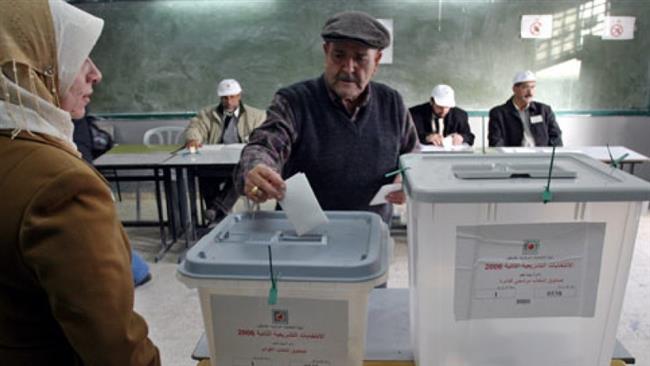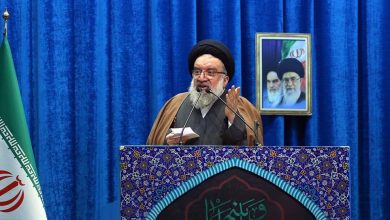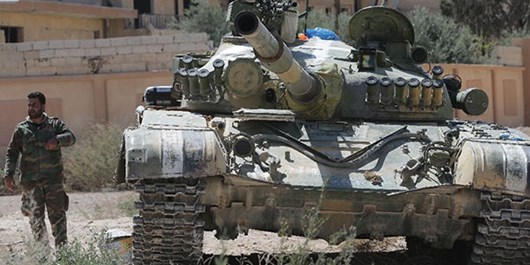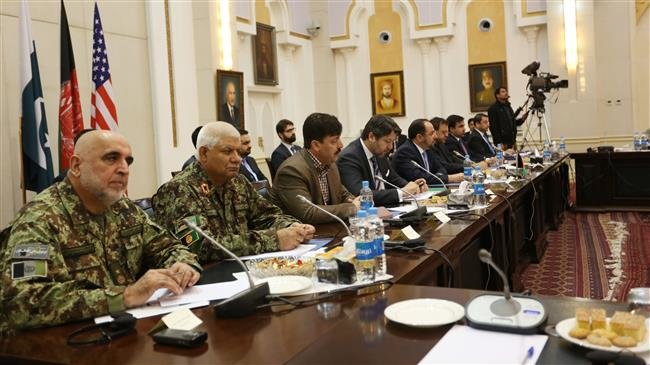Iran defense prowess untouched by psychological warfare: Dehqan
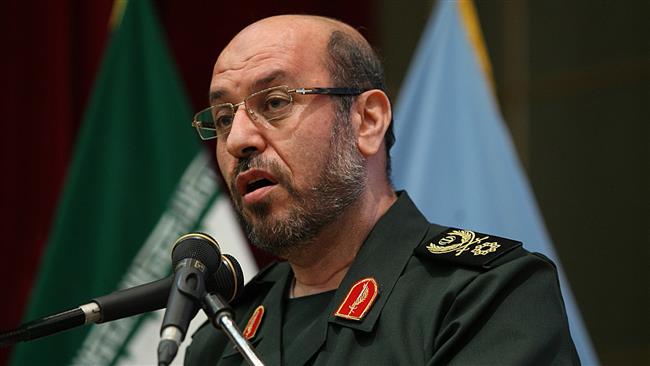

Iranian Defense Minister Brigadier General Hossein Dehqan says the Islamic Republic is resolved to further boost its defense capability and deterrent power regardless of psychological warfare by the enemies.
Dehqan made the remarks in a ceremony in Tehran on Tuesday to mark the delivery of eight helicopters, manufactured and overhauled by Iran’s Defense Ministry, to the country’s civilian and military bodies.
He added that the move has been carried out in line with the ministry’s plans to effectively support Iran’s Armed Forces and make use of the country’s defense sector to supply the requirements of the non-military sector.
He also indicated the high capabilities of Iranian defense experts and their determination to meet the country’s needs by relying on domestic capacities.
“This process is underway constantly and with seriousness in all defense industries affiliated to Defense Ministry in sea, ground, air, air-defense, aerospace, missile, electronic and hi-tech industries sectors and with the purpose of improving the defensive capability and deterrent power of the Islamic Republic of Iran,” Dehqan said.
He emphasized that the enemies’ psychological warfare and propaganda campaign have never affected and will never influence Iran’s defense capabilities.
Some Western officials have in recent days made efforts to link Iran’s missile program to the nuclear agreement, known as the Joint Comprehensive Plan of Action (JCPOA), reached between Iran and the P5+1 group of countries on July 14, 2015.
In his first biannual report to the 15-member Security Council earlier this month, United Nations Secretary General Ban Ki-moon claimed that Iran’s ballistic missile launches “are not consistent with the constructive spirit” of the JCPOA.
He called upon Iran to “refrain from conducting such ballistic missile launches since they have the potential to increase tensions in the region.”
Iranian Foreign Minister Mohammad Javad Zarif on Tuesday reacted to Ban’s claims against Tehran and said, “The report has been compiled based on incomplete information and his (the UN chief’s) incognizance of the [nuclear] negotiations.”
On March 9, Iran successfully test-fired two ballistic missiles as part of military drill to assess its defense capabilities. The missiles dubbed Qadr-H and Qadr-F were fired during a large-scale drill, code-named Eqtedar-e-Velayat.
A long-range Qadr ballistic missile is launched in northern Iran on March 9, 2016. © AFP
A day earlier, the country’s Armed Forces had fired another ballistic missile called Qiam from silo-based launchers in different locations across the country.
The US claims that Iran’s missile tests violate the UN Security Council Resolution 2231.
Resolution 2231, adopted on July 20, 2015, provides for the termination of the provisions of previous Security Council resolutions on the Iranian nuclear program and establishes specific restrictions that apply to all states without exception.
The resolution calls upon Iran not to undertake any activity related to ballistic missiles designed to be capable of delivering nuclear weapons, including launches using such ballistic missile technology.
